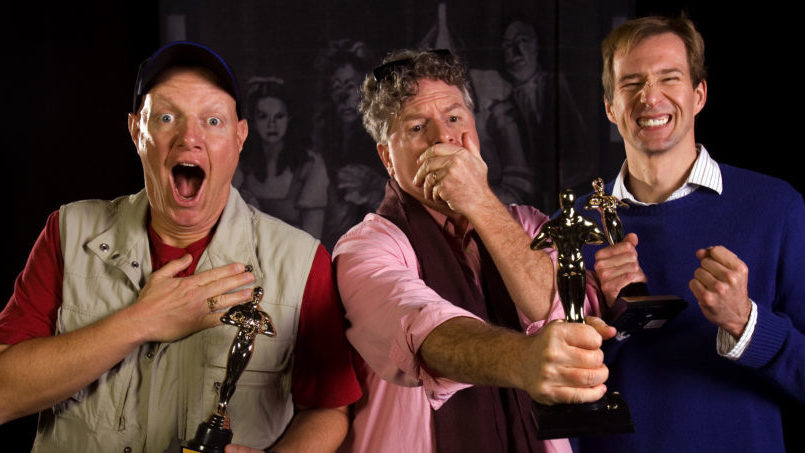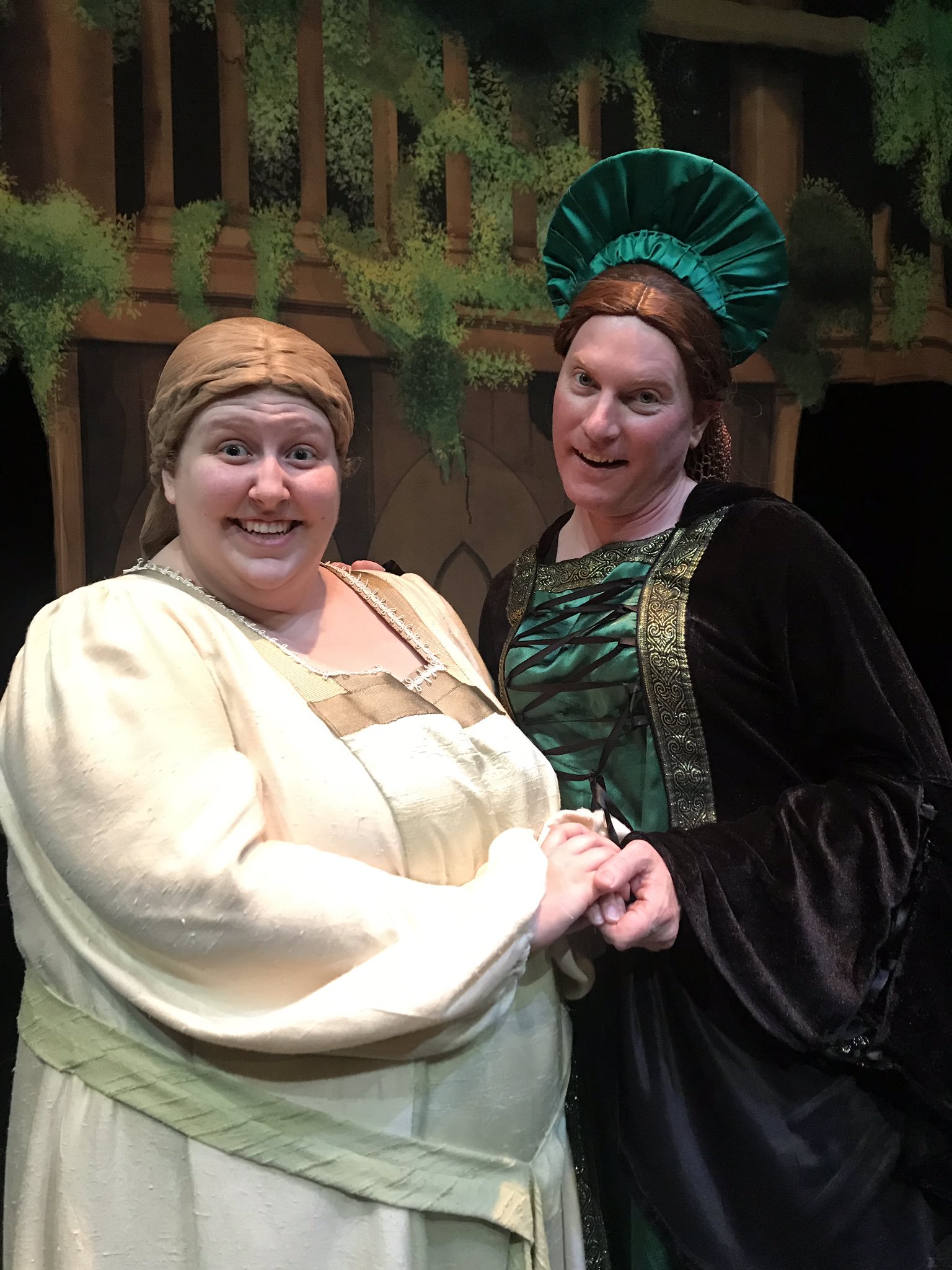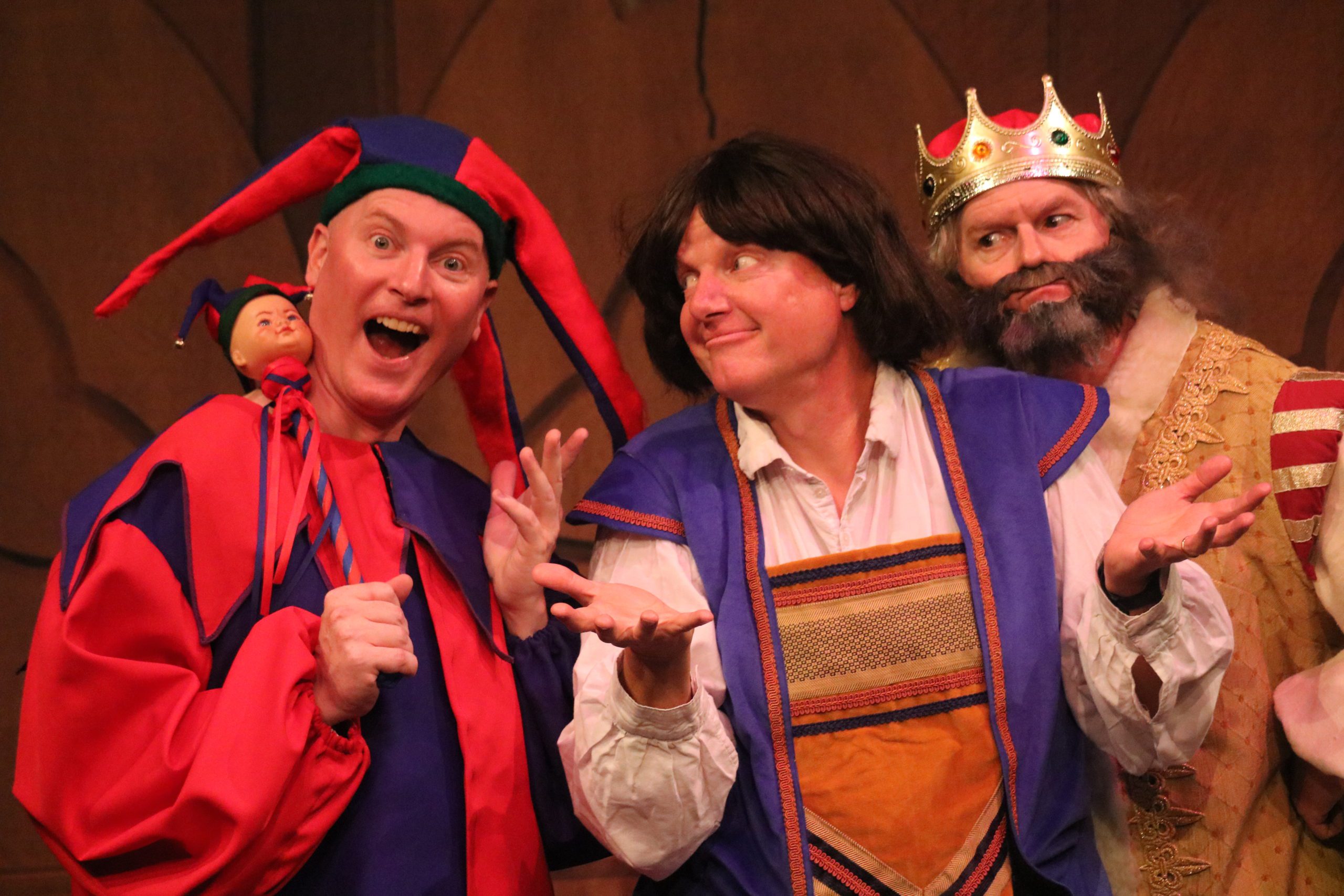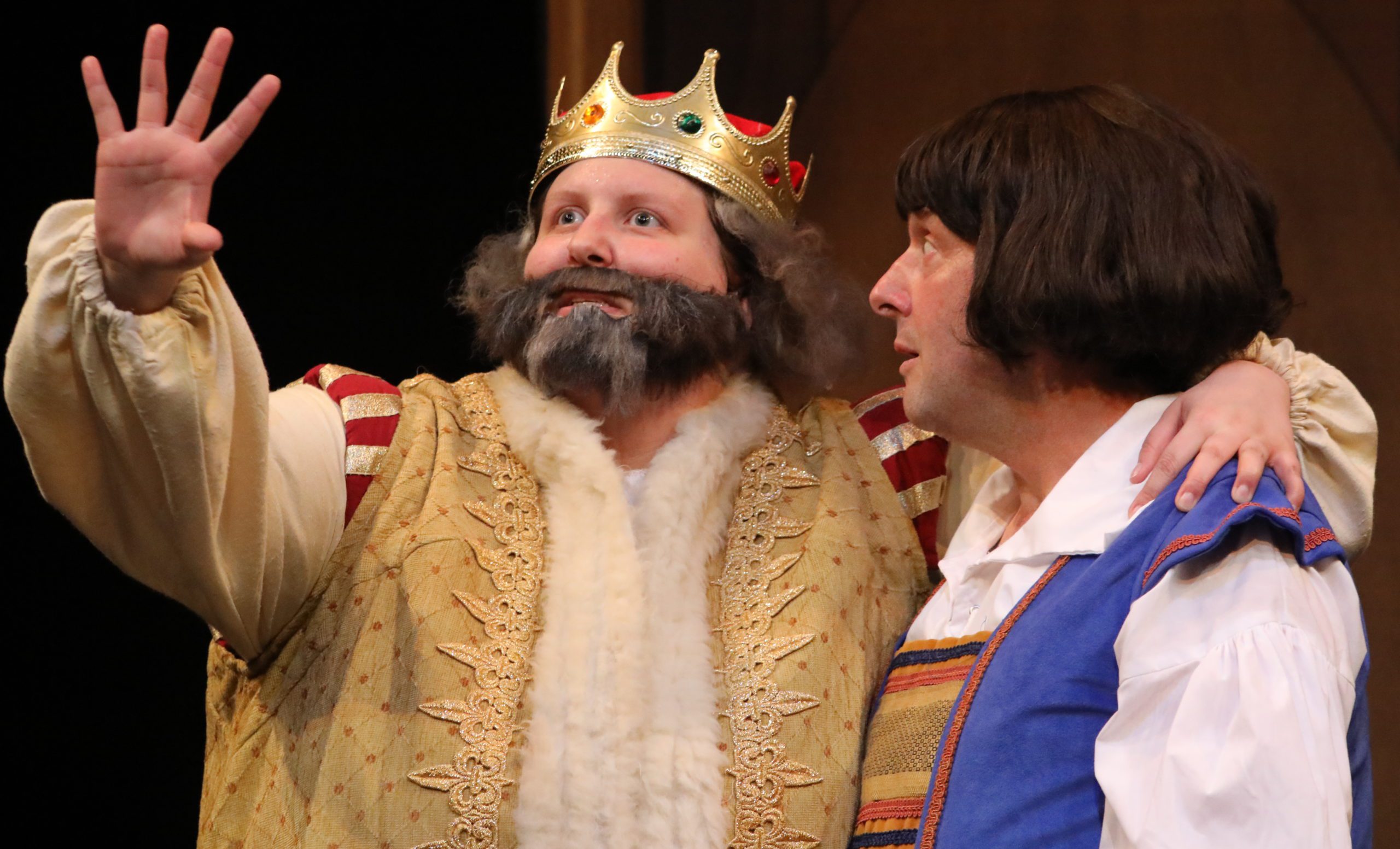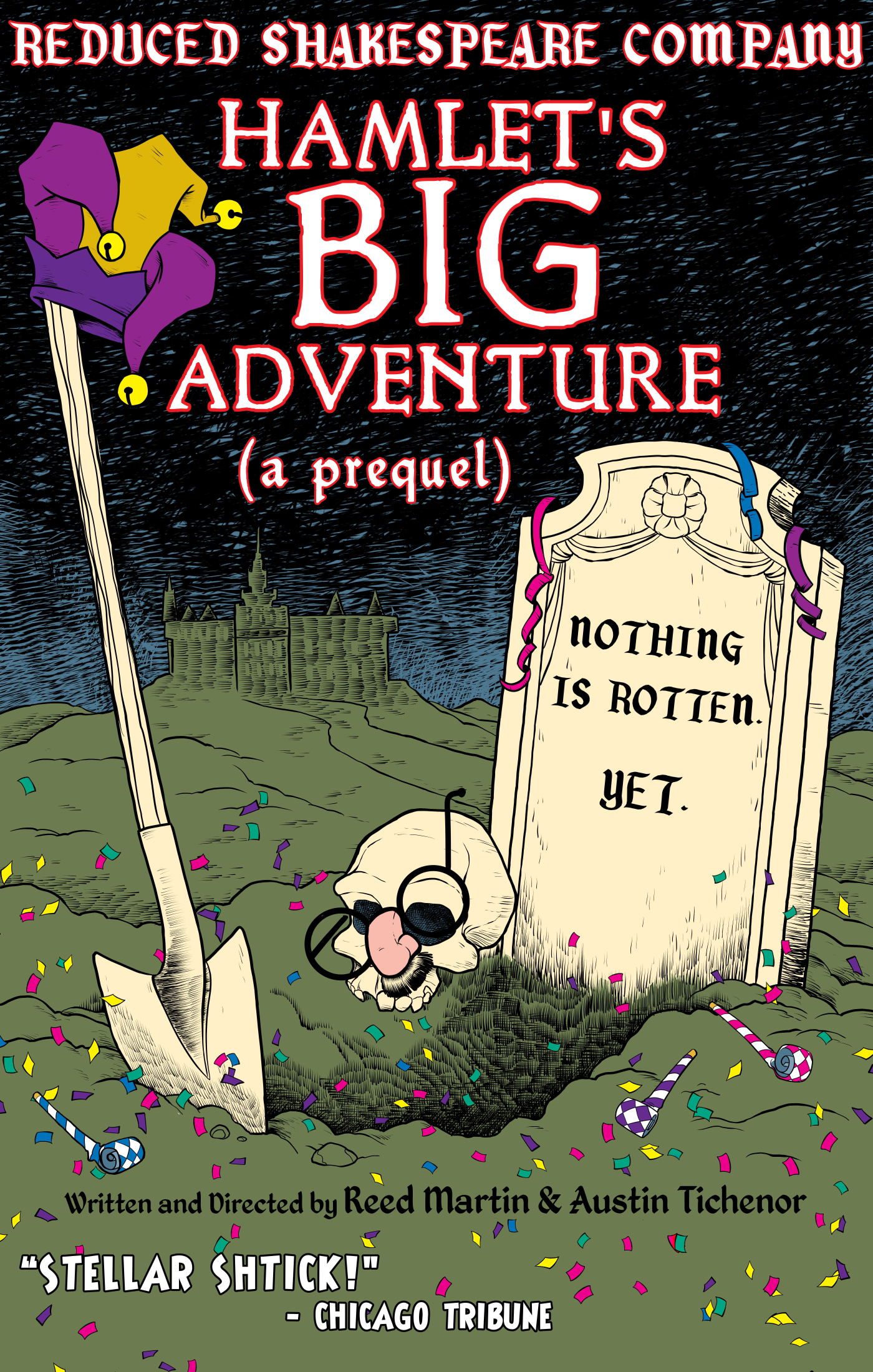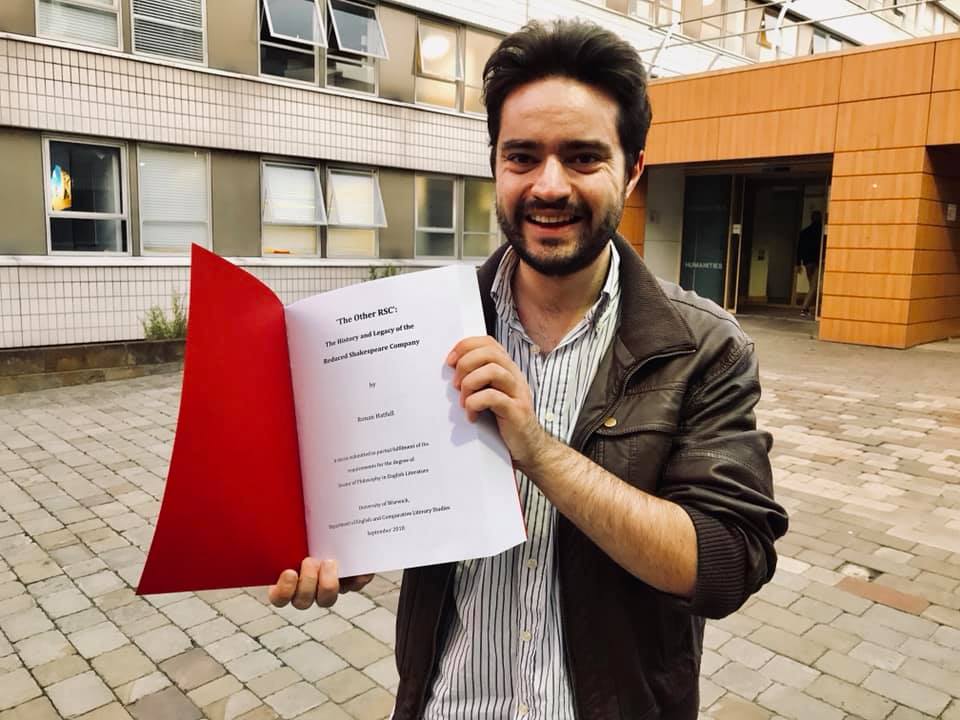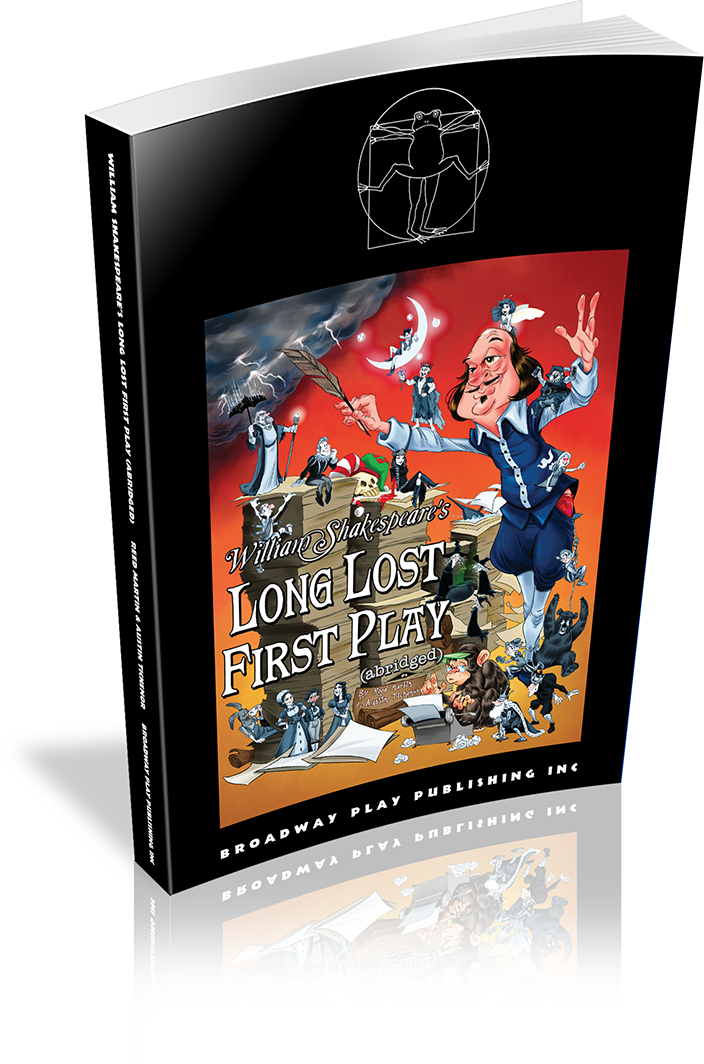Shakespeare And Trump
Jeffrey R. Wilson, a lecturer in the Writing program at Harvard University, has written the new book Shakespeare And Trump, which examines not just which Shakespearean villain or tyrant Trump most resembles, but the more richly Shakespearean world of the politicians who enable him and the populace that continues to support him. Jeff explains how reluctant he was to write the book, but how he was drawn to more of a cultural conversation (as opposed to character criticism); weak kings versus dangerous clowns; whether we’re living in one of Shakespeare’s Histories or one of his Tragedies; the trick to finding the comedy in tragedy; the value of using Shakespeare as a lens through which we can look at a specific historical moment; how using Shakespeare as a look at cultural history might reveal things more traditional history might not; and what Shakespeare play most resembles the whole year of 2020. (Length 19:06)
Podcast: Download (Duration: 19:06 — 22.2MB)
